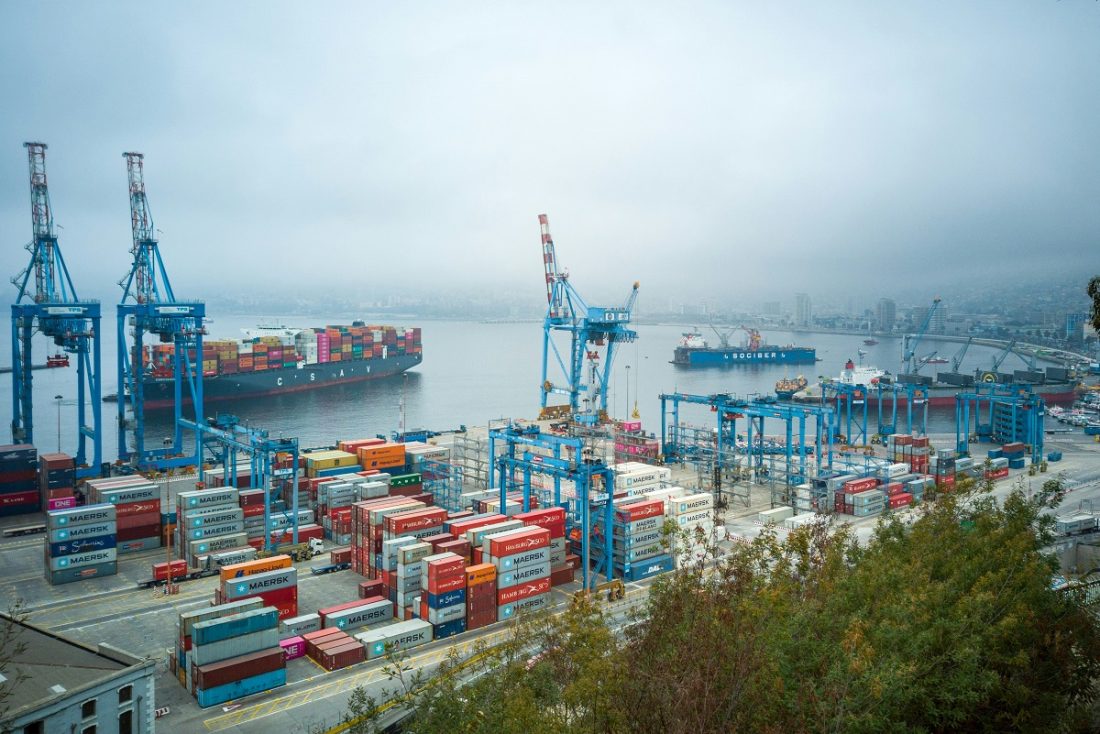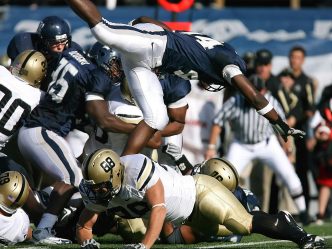Following the incident of the container ship crashing into the Francis Scott Key Bridge at the Port of Baltimore and the bridge collapsing, there are now some supply chain concerns. While they may not be felt right away by consumers, there are a number of businesses that will be affected by it.
Rick Franza, PhD, professor in the Hull College of Business and an expert on operations and supply chain management, said one immediate impact is where container ships will be diverted to for offloading.
The Port of Baltimore is a major shipping hub and ranks first among U.S. ports for autos and light trucks. Now those ships will have to find other ports to unload their goods, which becomes a logistical problem as much as anything.
“Most ports on the East Coast are at 70% to 80% capacity, which is where you want to be. You don’t want to have much more than that, but they’re going to have to,” said Franza. “It could affect a good bit of the eastern half of the United States.”


in Hull College of Business
Ports in Savannah, Charleston and New York, among others, will have to become the destination for those currently sitting outside Baltimore and those en route from around the world.
The good news, Franza said, is that most foreign car manufacturers have plants in the United States so it will likely only affect those consumers looking for a certain brand or even a specific model.
Baltimore is also one of the furthest inland ports and has the best rail service coming from it. The outbound goods coming off the ships will now face more of a transportation hurdle when they are diverted to another port.
“It’s not just the capacity of the port, that’s one thing, but it’s also their capacity of the outbound items,” he said. “It may be more trucks are needed, and new routes are needed to move inventory. It now becomes a whole different set of providers for the trucks because it’s no longer the people in Baltimore.”
Franza added companies will also have to decide which distribution centers they may want to use, whether it’s closer to the area they serve or closer to the port. All those factors affect where the items from overseas end up.
While it’s not a good scenario, at the end of the day, he feels the consumer likely won’t see much of an impact.
“First of all it’s going to take a while before we see any effect on certain things,” Franza said. “The bad news for inflation is that it’s going to raise the cost of transportation for the goods coming off the ships. Will businesses absorb the cost or pass them along to consumers?”
 Augusta University
Augusta University





